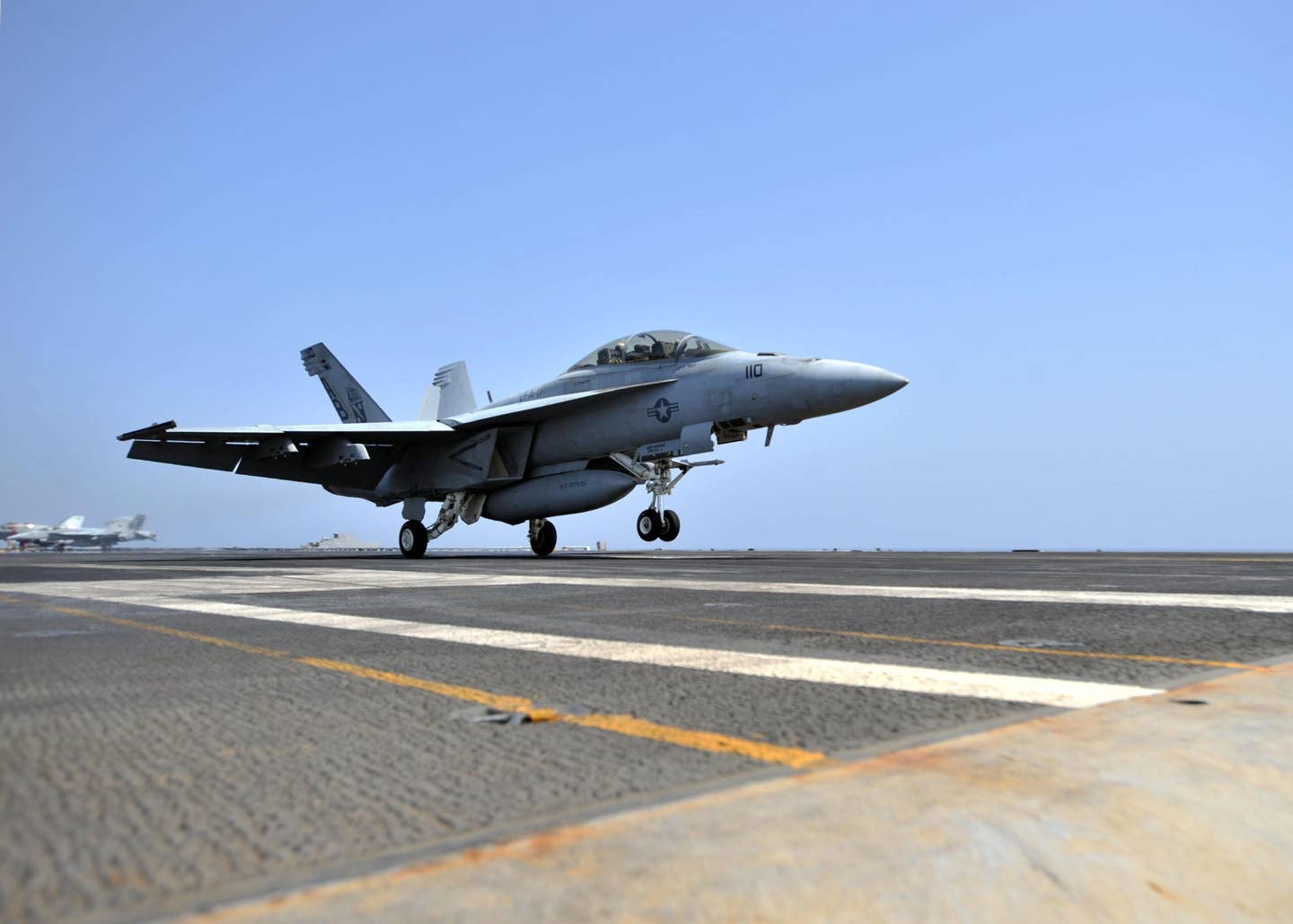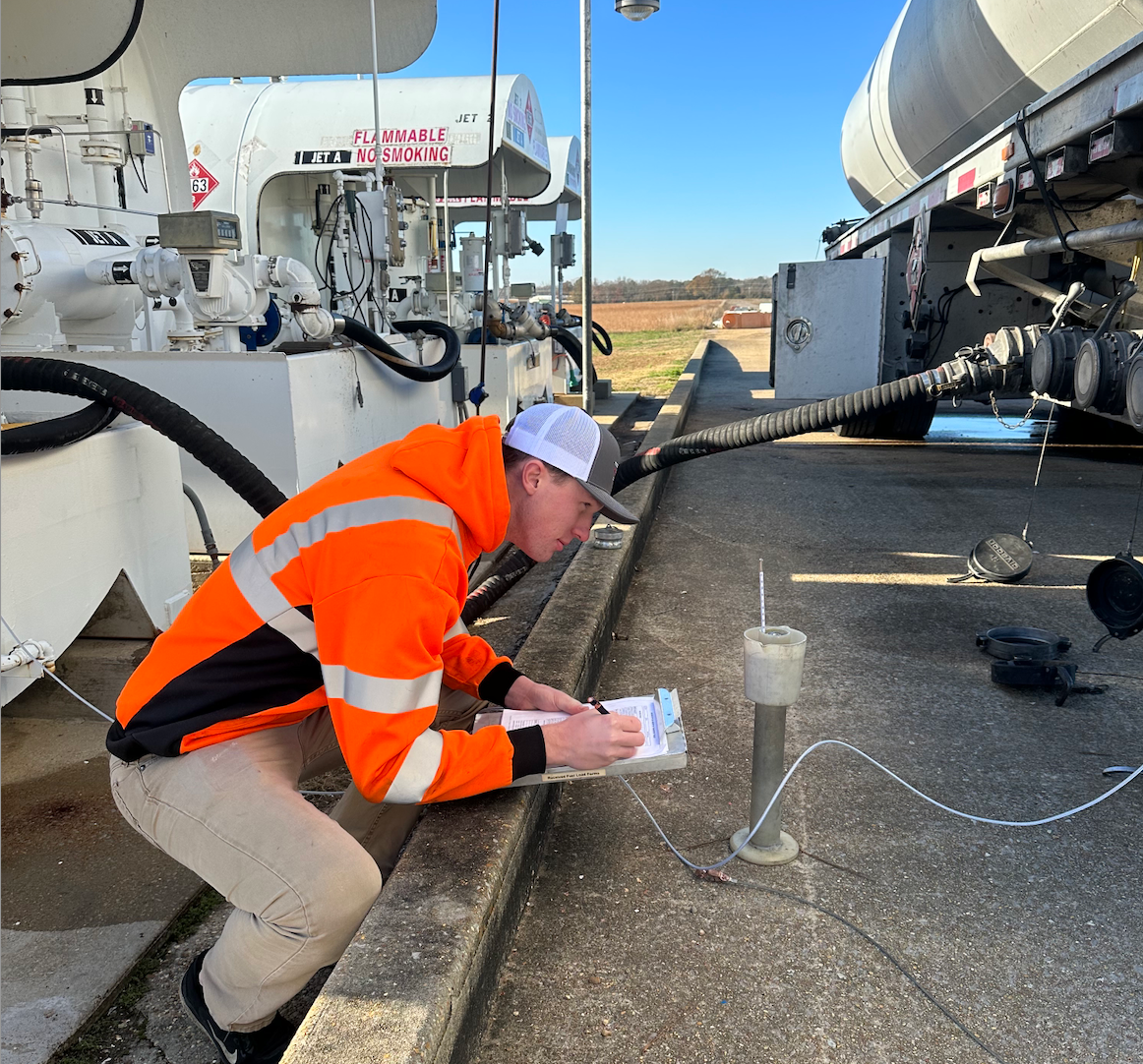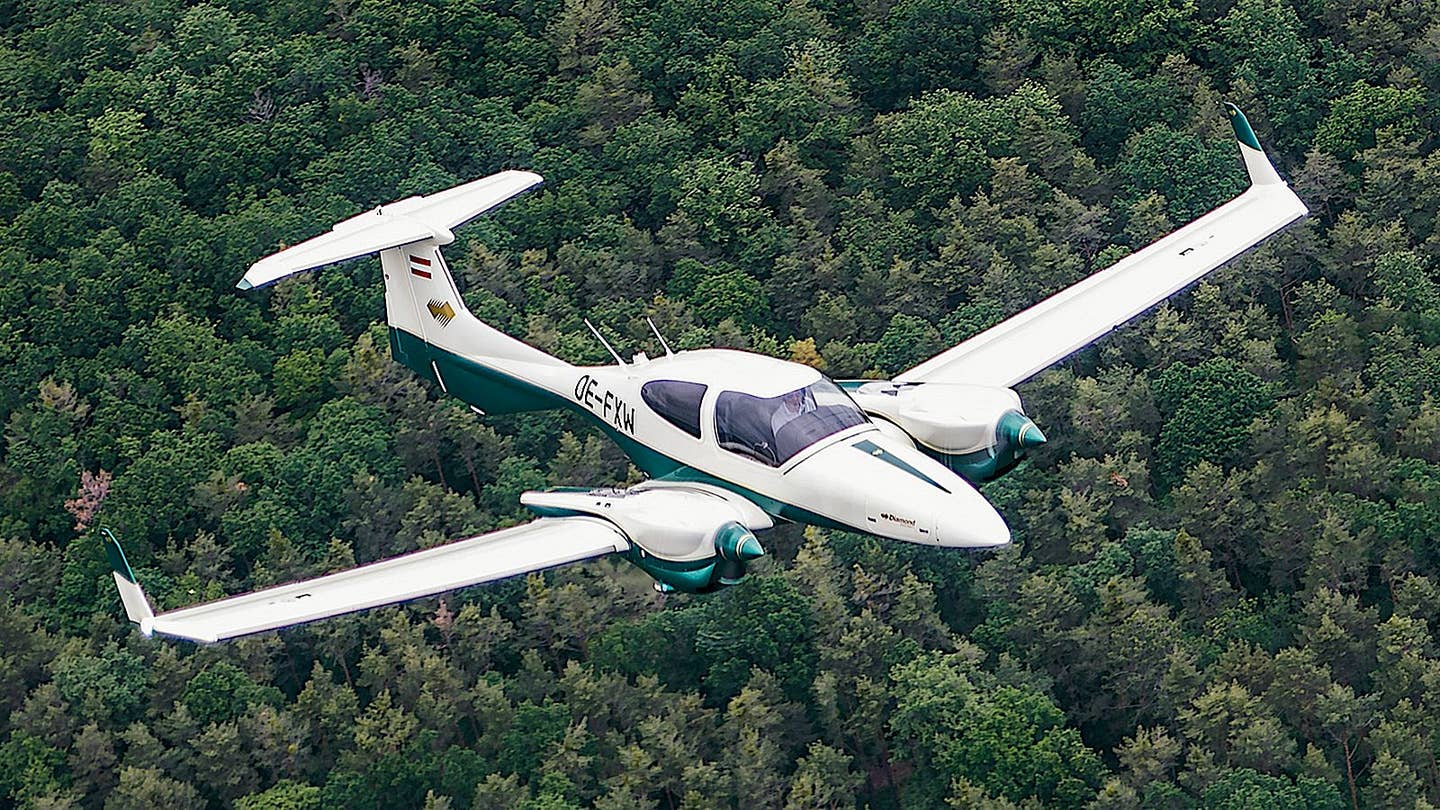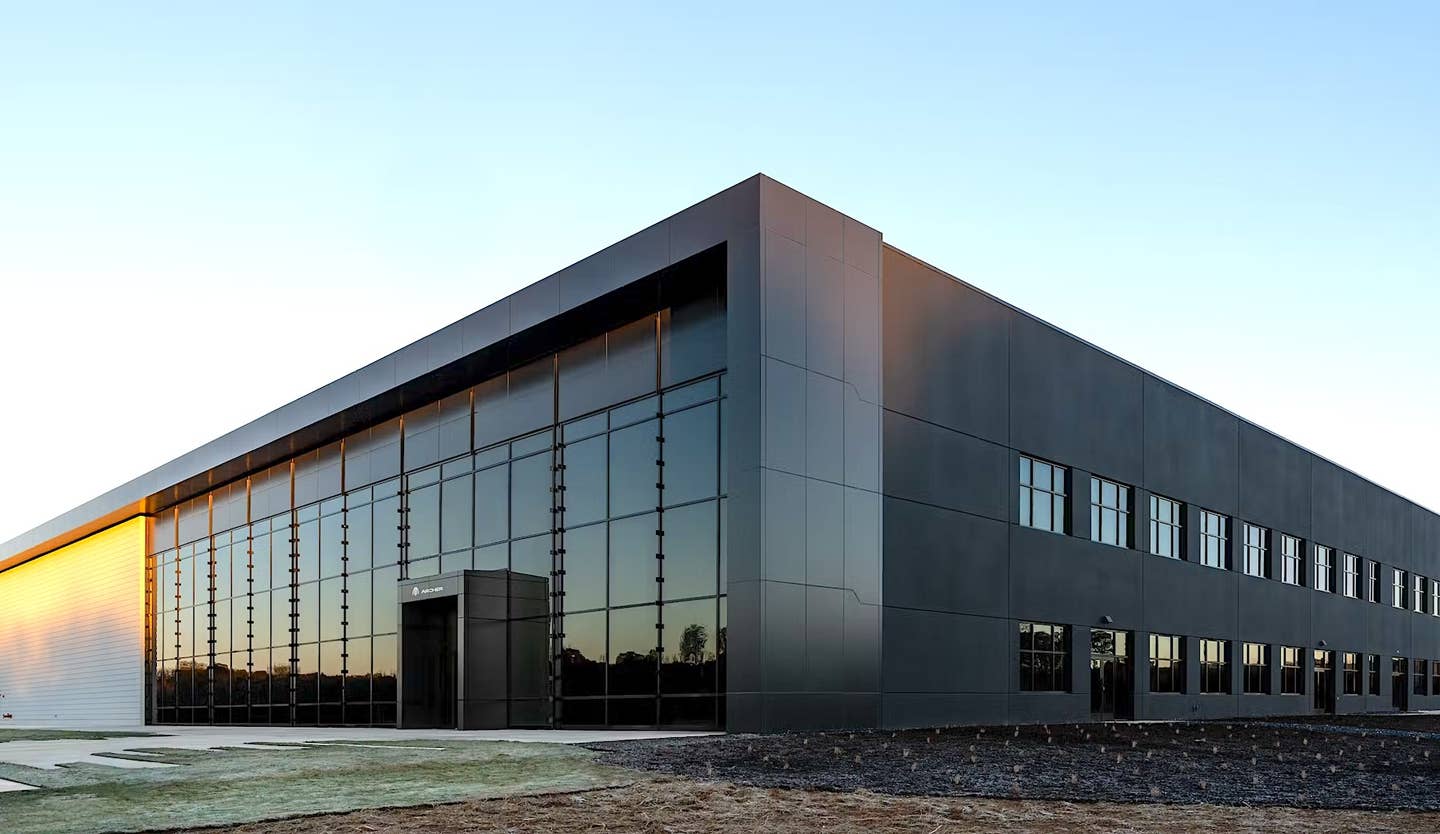LODA Relief Implemented For Most Experimental Owners
Most owners of experimental aircraft no longer need special authorization to get training or checkouts thanks to a notification of policy published by the FAA on Feb. 8. The relief…
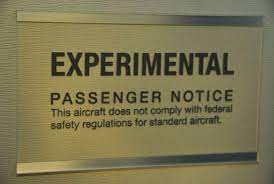
Most owners of experimental aircraft no longer need special authorization to get training or checkouts thanks to a notification of policy published by the FAA on Feb. 8. The relief from the requirement for a letter of deviation authority (LODA) for paid training in an experimental airplane was in the James M. Inhofe National Defense Authorization Act passed by Congress in late 2022 and relieved a paperwork nuisance for owners and CFIs. The measure eliminates the LODA requirement in cases where the instructor doesn't own the plane, the plane isn't advertised as a flight training platform and the plane isn't rented as a training aircraft. Basic expenses can be recovered, however. EAA announced the policy's publication earlier this week.
The LODA measure was initiated in 2021 when a court ruled that almost all flight training in non-certified aircraft violated FAR 91.319(a)(2), which outlaws flying experimental aircraft for hire. But it also affected thousands of owners of homebuilts who often hire CFIs to train them and check them out in their creations. EAA joined other GA groups in protesting the LODA requirement and signed off on the wording of the Inhofe bill. Anyone offering training in an experimental aircraft and charging money for the aircraft rental will continue to require a LODA. The new policy does not include aircraft in the Primary and Limited categories.
The full text of the policy is as follows:
A flight instructor, registered owner, lessor, or lessee of an aircraft shall not be required to obtain a letter of deviation authority from the Administrator of the Federal Aviation Administration to allow, conduct or receive flight training, checking, and testing in an experimental aircraft if--
(1) the flight instructor is not providing both the training and the aircraft;
(2) no person advertises or broadly offers the aircraft as available for flight training, checking, or testing; and
(3) no person receives compensation for use of the aircraft for a specific flight during which flight training, checking, or testing was received, other than expenses for owning, operating, and maintaining the aircraft.


